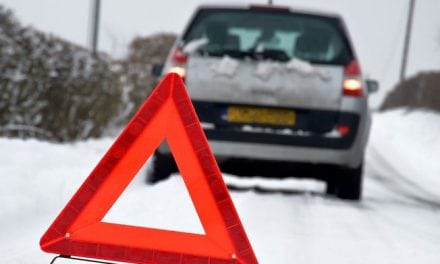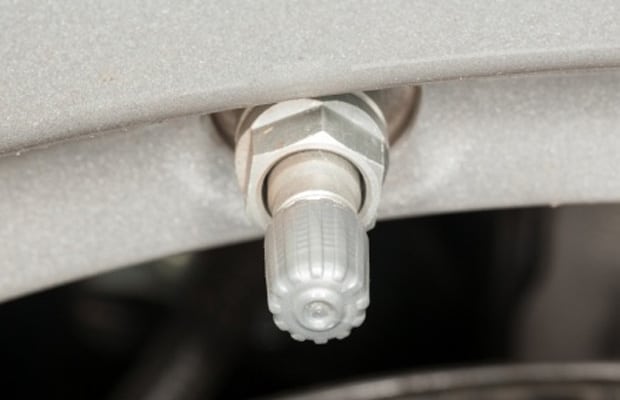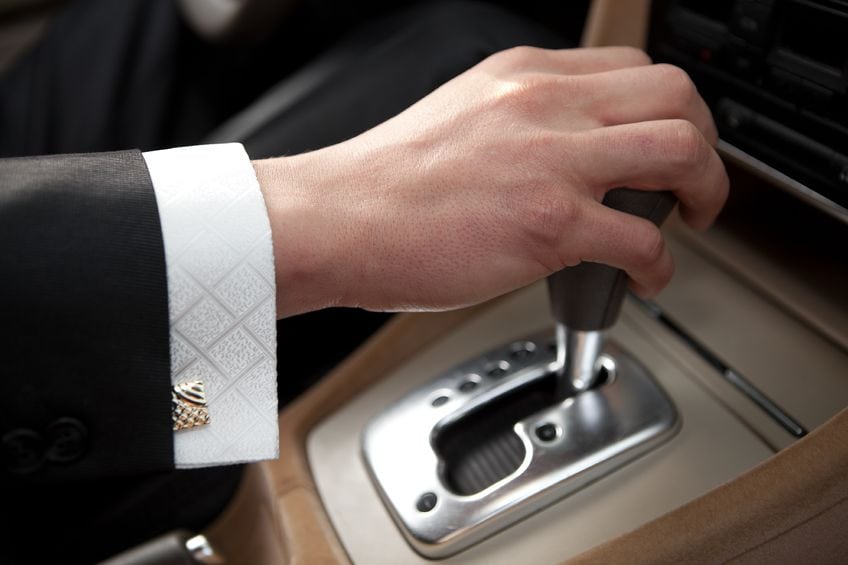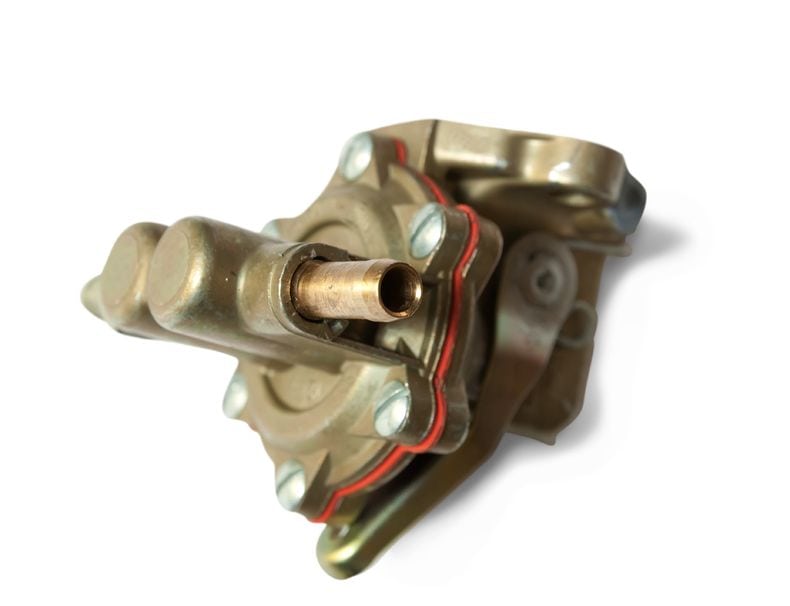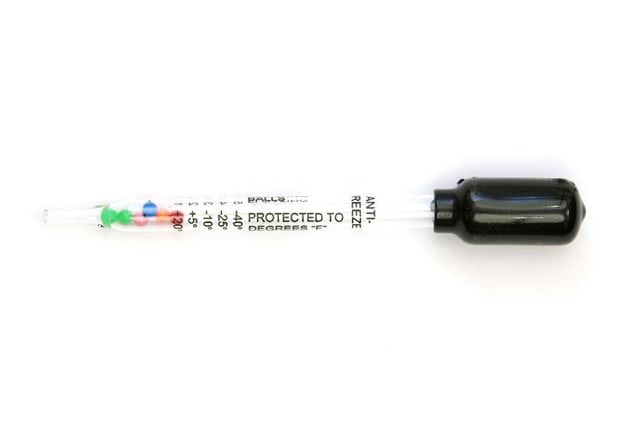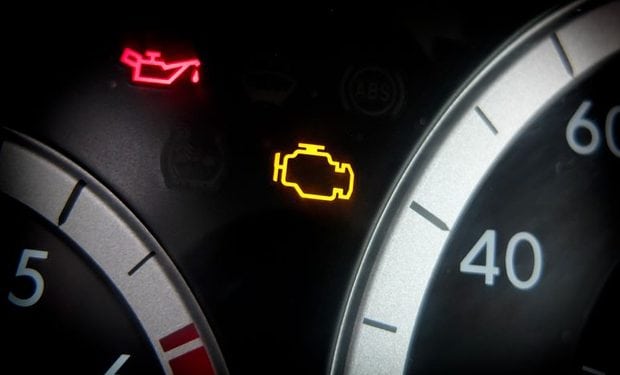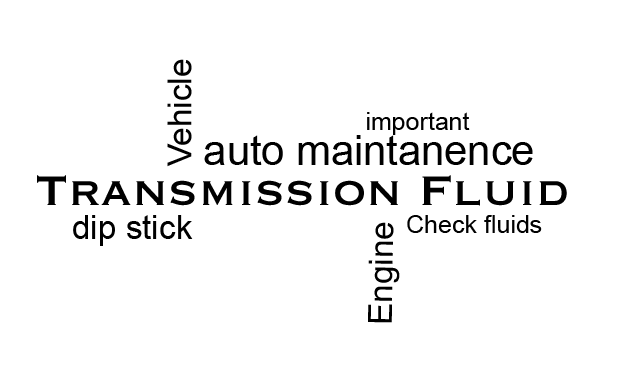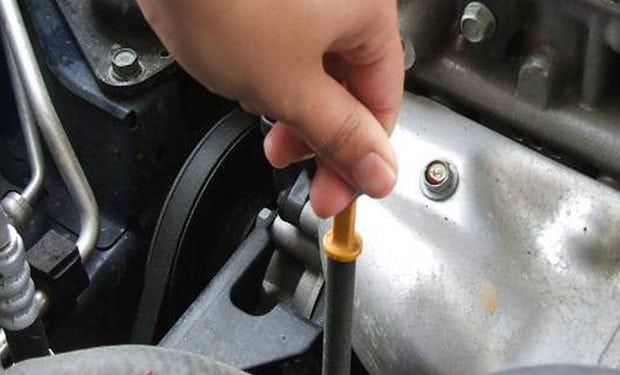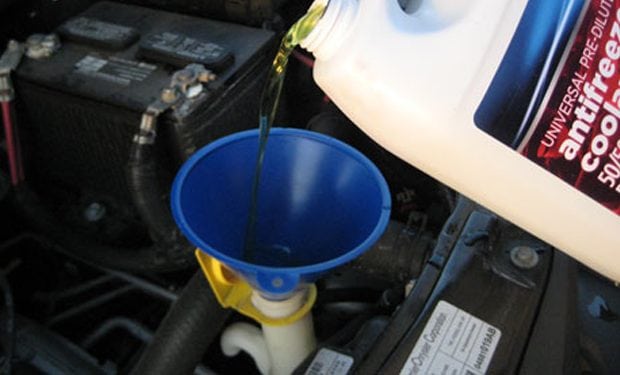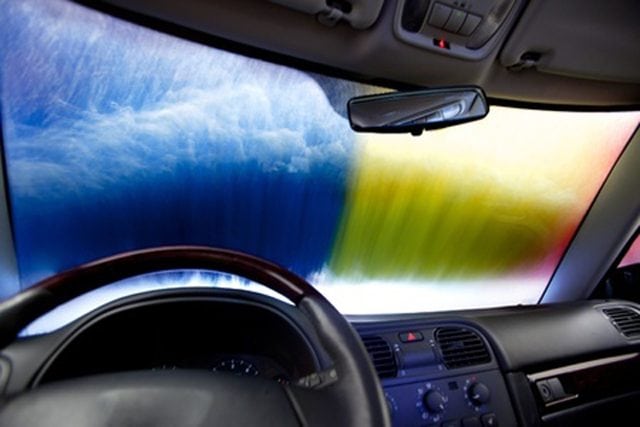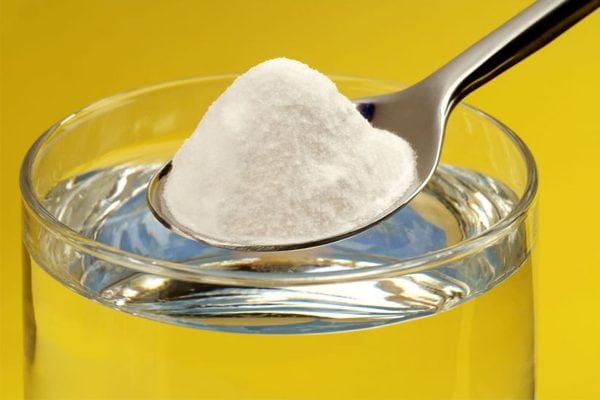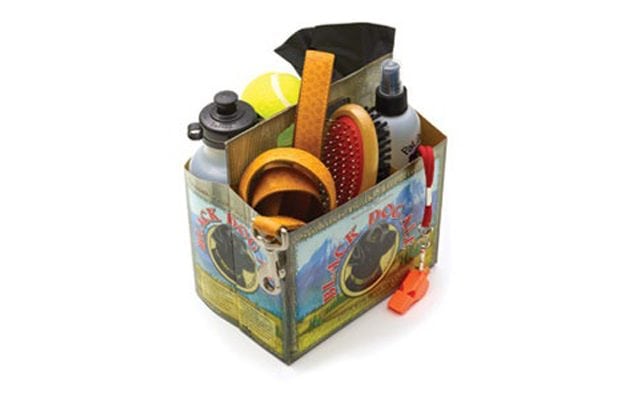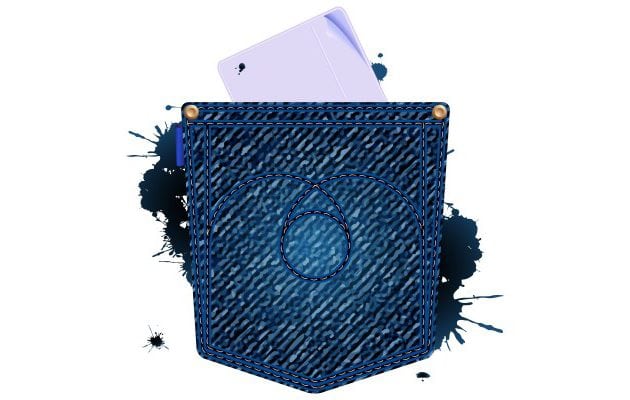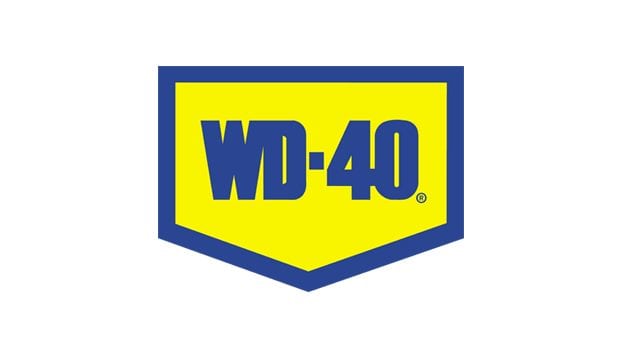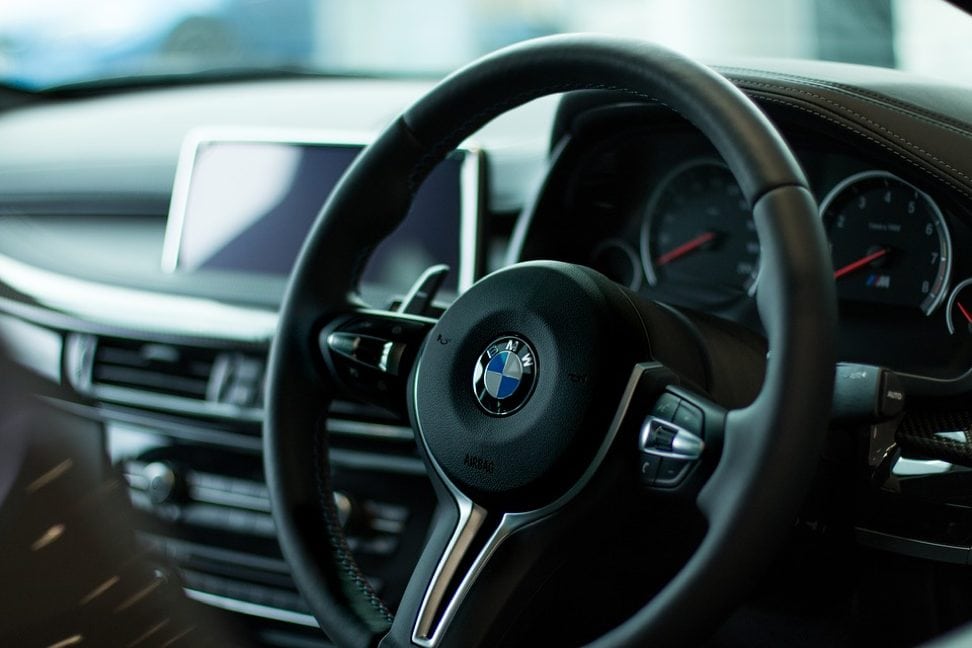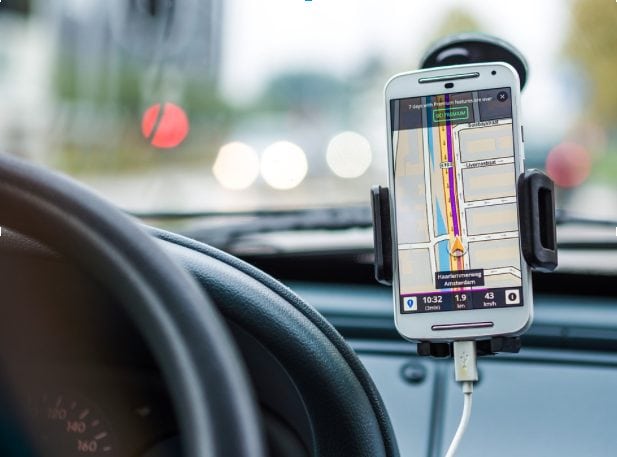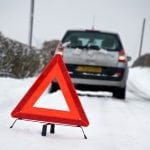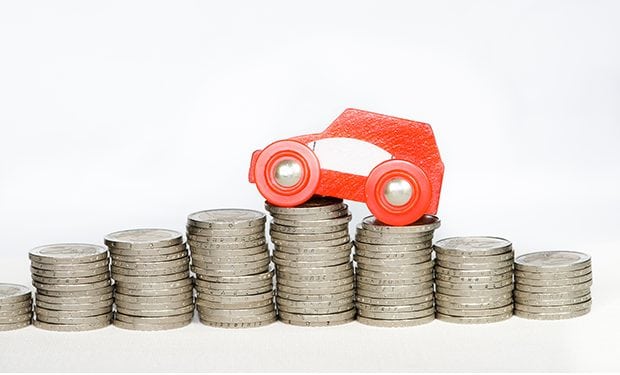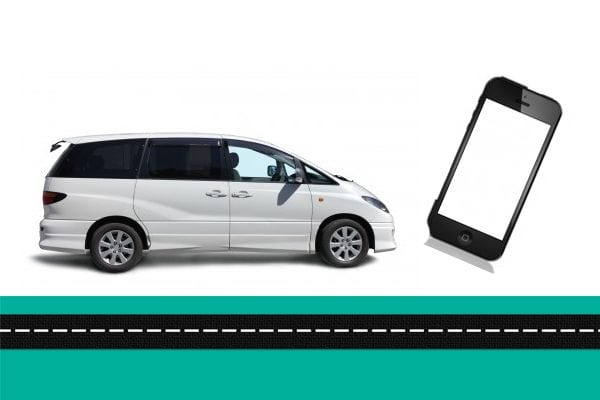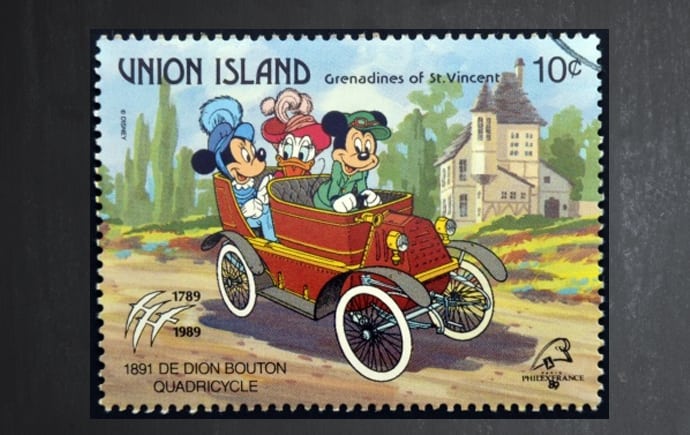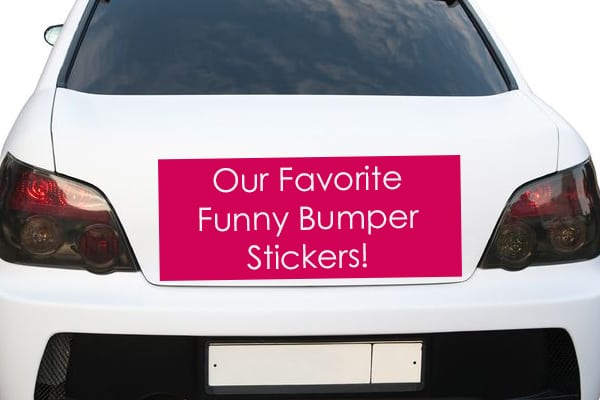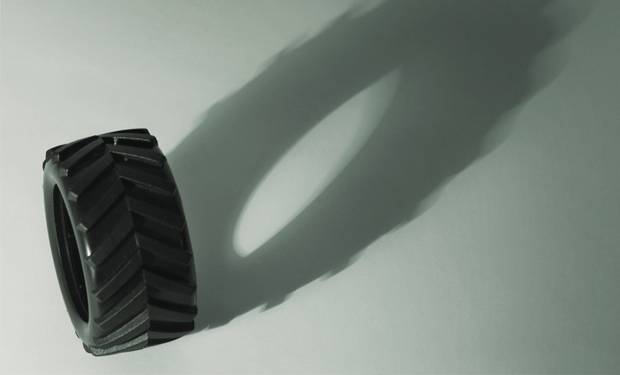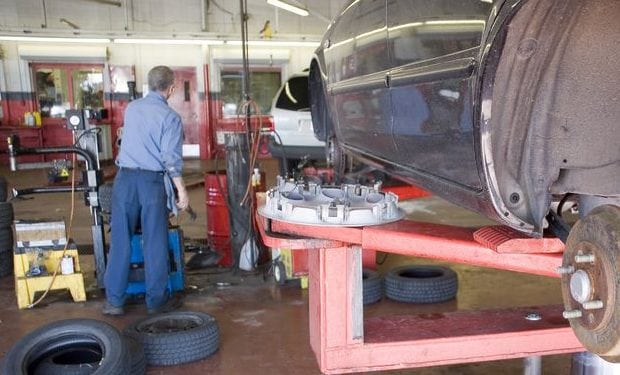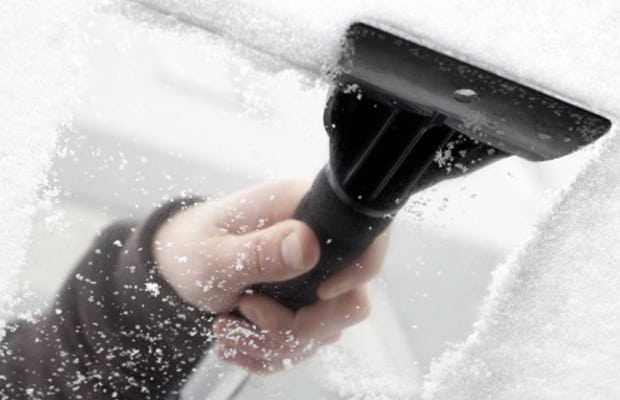
Tire Pressure
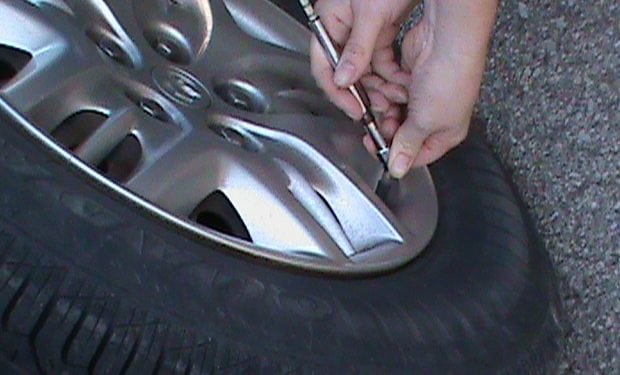
Purpose:
Maintaining tire pressure is important for safety, improves gas mileage and helps your tires last longer.
Symptoms:
1. Your tire pressure light turns on.
2. You check the tire pressure and it is low.
Care & Repair:
It is normal for tires to lose about 1 pound of pressure per month, so make sure you check them regularly. If only one of your tires is low, it may mean you have a leak.
If you need air, go to the gas station and fill up your tires. Most cars have a sticker on the inside of their car door that will tell you how much air your tires need.
Nitrogen Inflation
To “nitronize” your tires, means to use nitrogen instead of air to inflate your tires. Nitrogen maintains tire pressure longer than air.
Cost: FREE or $3 – $10 per tire.
Maintaining tire pressure is important for safety, improves gas mileage and helps your tires last longer.
NOTE: Tire pressure lights are government mandated because they are that convinced that maintaining tire pressure helps you save gasoline.
Symptoms:
1. You check the tire pressure and it is low.
2. Your tire pressure light turns on. This light let’s you know when your tires are low. If this light is flashing, you may have a problem with the system that checks your tire pressure. It could also mean that one of your tires is extremely low.
![]() TIP: When the weather gets cold, your tire pressure decreases which sometimes causes tire pressure lights pop on. When tires get hot, the pressure goes up. Check your tire pressure when your tires are cool, to be sure that they are inflated to the minimum recommended psi.
TIP: When the weather gets cold, your tire pressure decreases which sometimes causes tire pressure lights pop on. When tires get hot, the pressure goes up. Check your tire pressure when your tires are cool, to be sure that they are inflated to the minimum recommended psi.
A little more about tire pressure sensors:
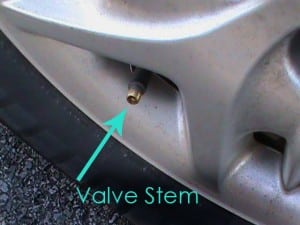 There are two different types of tire/air pressure sensors. One is a direct sensor, which measures the actual air pressure in your tire. If your valve stem is metal and you can’t wiggle it, you have a direct sensor. If you can wiggle your valve stem, (the little valve pictured on the left that you put air into when you fill up your tires), you have an indirect sensor. Indirect sensors sense a change in the circumference of your tire, it does not measure the actual air pressure. When your indirect sensor light comes on, your tire/air pressure is probably 25% below your recommended tire pressure. If you have an indirect sensor, the air pressure light can also be triggered if one of your tires has a lot more wear than the other three tires.
There are two different types of tire/air pressure sensors. One is a direct sensor, which measures the actual air pressure in your tire. If your valve stem is metal and you can’t wiggle it, you have a direct sensor. If you can wiggle your valve stem, (the little valve pictured on the left that you put air into when you fill up your tires), you have an indirect sensor. Indirect sensors sense a change in the circumference of your tire, it does not measure the actual air pressure. When your indirect sensor light comes on, your tire/air pressure is probably 25% below your recommended tire pressure. If you have an indirect sensor, the air pressure light can also be triggered if one of your tires has a lot more wear than the other three tires.
WARNING: If you have a direct sensor, do not use products like Fix-A-Flat, it can damage the sensor.
WARNING: If you have an indirect sensor, your tire or air pressure light will turn on when your tire pressure drops 25% below your recommended tire pressure. It isn’t ideal for gas mileage or safety for your tires to get that low. Make sure you are manually checking your tires about once a month.
Tires are measured in PSI or Pounds per Square Inch and it is normal for them to lose about 1 pound per month. If only one of your tires is low, it may mean you have a leak.
Before you fill up your tires, you may need to find out how much air to put in. Most cars have a sticker on the inside of their car door that will tell you how much air your tires need.
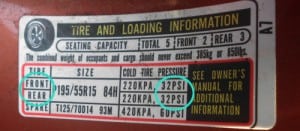
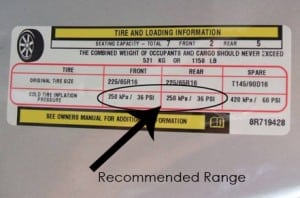 Do not look on your actual tire for the PSI, the number you see on the tire is the maximum tire pressure, not the recommended amount.
Do not look on your actual tire for the PSI, the number you see on the tire is the maximum tire pressure, not the recommended amount.
WARNING: Make sure you don’t over inflate your tires. It will not help you get better gas mileage and it causes less of your tire to touch the road, which compromises your safety. Over inflated tires can cause a bumpier ride, wear unevenly and could result in a blown tire.
Nitrogen Inflation
If your tire guy asks you if you would like to “nitronize” your tires, he really means would you like to use nitrogen or air to inflate your tires. The concept behind using nitrogen is that it will maintain tire pressure better than air. Nitrogen is a bigger molecule than air so it doesn’t deflate as quickly.
Nitrogen inflation is a must for anyone with aluminum wheels. It prevents water damage on the inside of the wheel which can cause air pressure loss and increase the chance of a flat tire. Moisture from regular air (78% nitrogen, about 21% oxygen, and small amounts of water vapor, CO2, and noble gases) corrodes aluminum. Nitrogen does not cause corrosion because pure nitrogen does not have moisture in it. Water can cause you to lose tire pressure when you have a change in temperature. Nitrogen is not as sensitive to temperature changes, and it provides a more consistent tire pressure. That is why auto racers use nitrogen in their tires. If you are going to change from regular air to nitrogen inflated tires, you might as well wait until you get new tires. Have the technician clean the rims and then switch to nitrogen to ensure you don’t have any left over moisture in your new tires.
The question is does nitrogen do a better job and is it worth the price? If you aren’t going to pay attention to your tire pressure and you have aluminum wheels, nitrogen inflation might be good for you. Maintaining tire pressure improves gas mileage by about 3%, helps your tires last longer and makes it easier for you to control your tires and stay on the road.
NOTE: If someone says to you, air is composed mostly of nitrogen. Tell them this; good old-fashioned air is composed of about 78% nitrogen. Nitrogen inflation is about 93 – 95% nitrogen.

